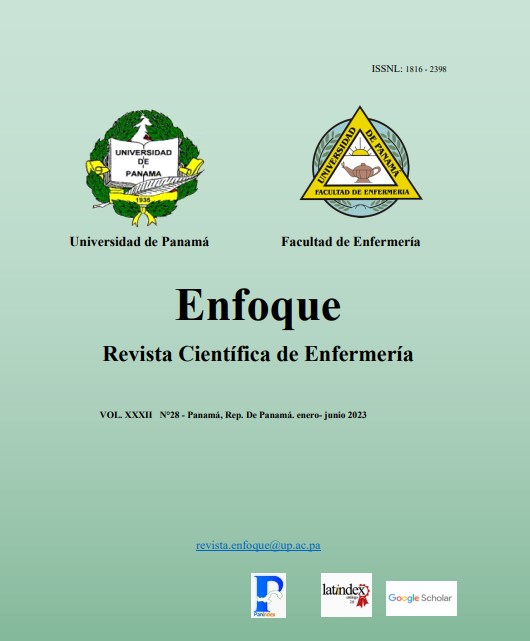


This work is licensed under a Creative Commons Attribution-NonCommercial-ShareAlike 4.0 International License.
The study is qualitative with an ethnomethodological approach. The focus group technique was used, and the topics discussed were organized in three dimensions, namely, quality challenges, the role of HEIs in the face of the challenges of inclusion, and virtuality in higher education. Fifteen experts from 13 public and private higher education institutions in Central America and three international institutions specialized in the evaluation and accreditation processes of the quality of in-person and virtual higher education participated in the meeting, which took place from April 21 to November 25, 2021. An essential part of the analysis consists of the study of contents resulting from the recording of the informants and the triangulation carried out through the use of several qualitative methods such as discussion groups, analysis of the participants' speeches focusing on the ideological aspects of the process of accreditation of the quality of in-person and virtual education. Similar situations concerning the challenges they face, duties they perform, and virtual education in times of pandemic were evidenced. The study suggests the creation and application of a virtual evaluation model of the quality of virtual curricular offerings.